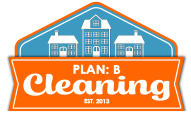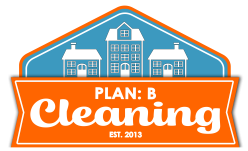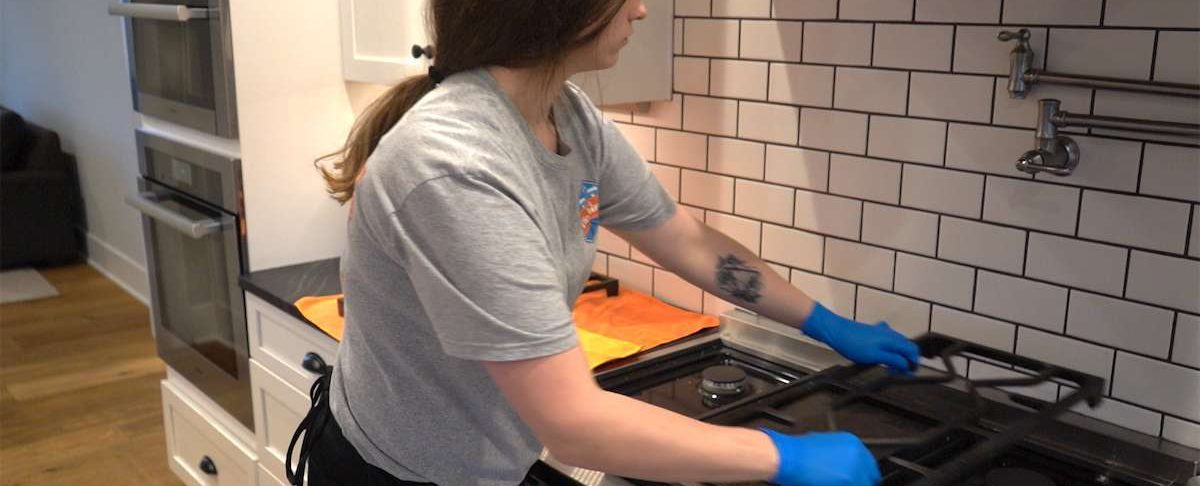A clean kitchen is an important part of every home. Not only does it help keep food safe from bacteria, but it makes your kitchen much more enjoyable to use and look at. But many people don’t know how to properly clean their kitchen, leading to food-borne illnesses and sickness. This article will walk you through the right way to clean your kitchen in order to protect your and your family's health!
Why a Clean Kitchen is a Necessity
It’s important that we clean our kitchens regularly since they are places where we prepare our food. What happens if we do not know how to clean it correctly? There is a risk of bacteria growth in our kitchens which will then lead to health issues such as nausea, vomiting, and abdominal pain among other things. So make sure that you learn how to clean it up correctly!
Be sure you have all of your cleaning products readily available to alleviate the stress of preparing food. If you can keep a clean kitchen while cooking and put everything away properly, you won’t run into any added stress. It will be easier for you to cook if you feel like you aren’t going to encounter random messes when looking for certain things in your cupboards.
In addition, you will want to make sure that every part of your kitchen is cleaned such as countertops, stovetop surfaces, cupboards/countertops around stoves or ovens, and backsplashes around the kitchen area. By ensuring all surfaces are clean and free from bacteria, you prevent any cross-contamination or spread of illness in the food prep area.
Basic Food Safety
Before you continue cooking, it’s important that you learn basic food safety techniques. Not only will it keep your family healthy; it could also save them from experiencing long-lasting illnesses. Here are four basic rules for your kitchen.
- Separate your raw meat, poultry, eggs, and seafood products from any ready-to-eat foods like produce or bread; raw meats contain germs that can spread if contact is made with anything else in your kitchen. Also consider that anything that raw meat, poultry, eggs, or seafood touches, such as utensils, pans, or cutting boards, cannot be used with ready-to-eat foods because they will be contaminated with bacteria.
- Be sure raw meats are completely thawed before being cooked. They must never be defrosted on a countertop or in hot water—this is not safe. Recommended thawing practices include in the refrigerator, in cold water, or in the microwave. For more details on thawing safety, go to www.fsis.usda.gov/food-safety/safe-food-handling-and-preparation/food-safety-basics/big-thaw-safe-defrosting-methods.
- Keep your kitchen clean at all times; dirty counters, handles, and utensils can allow bacteria to grow and contaminate your food. Don't forget to disinfect areas like the refrigerator handle, microwave handle, and sink handle where you frequently touch.
- Don’t let your foods get too hot or cold; a steady, moderate temperature should be used when cooking and storing your food to prevent bacteria growth that can lead to illness.
Maintain Good Hygiene in the Kitchen
Kitchen cleaning and maintenance are important parts of kitchen safety. To maintain good hygiene in your kitchen, be sure to wash all of your dishes before putting them away and always dry them thoroughly after washing. By doing so, you will avoid cross-contamination between food items and reduce the chances of spreading harmful bacteria or other germs that can cause illness or disease. Also, consider keeping countertops clean by wiping up spills immediately to avoid hard-to-clean dried foods or liquids. Additionally, prevent cross-contamination when cooking with raw meats or eggs that can lead to food-borne illness and the spread of bacteria. By maintaining good hygiene, you’ll feel confident knowing your kitchen is a safe place to cook.
Wipe Down Everything After Use
Despite how easy it is to clean your kitchen, many people don’t do a thorough job, leaving food particles and grease on kitchen surfaces. To avoid food-borne illness and increase your kitchen safety, be sure to wipe down every surface after use. The best way to make sure you’re not skipping any areas is simply by wiping down surfaces twice. It might feel repetitive but it will help protect against germs and dangerous bacteria like E. coli or salmonella. After all, there are few things as gross as a kitchen filled with bacteria.
Keep the Cutting Board Clean
First, ensure that your cutting board is cleaned before use! The last thing you want is a dirty surface on which you prepare food—or cross-contamination that may occur if someone else in your household has been handling food without washing their hands.
- Use hot water and soap to clean cutting boards; bacteria can get embedded into small grooves, so be sure you scrub thoroughly.
- Consider buying separate boards for raw meat, produce, fruit, and seafood—that way you can keep them away from each other and limit any chance of contamination or spreading of bacteria between foods.
- Always wash your hands before and after handling foods to prevent transferring germs from one surface (cutting board) or product (like raw chicken) to another (utensils).
- When you’re done using it, make sure to dry off your cutting board completely—you don’t want moisture lingering on it, which can encourage mold growth.
- If you have wood boards that need extra maintenance, consider purchasing a butcher block conditioner or food-safe mineral oil; it will help keep bacteria at bay while still preserving the wood grain of your cutting board.
Keep Your Utensils Clean
Cleaning your kitchen and your utensils properly is an important part of keeping your family safe and healthy. A properly cleaned kitchen will reduce your family’s risk of food-borne illnesses. Cleaning utensils between use prevents cross-contamination from items like raw meat or egg.
Using hot water and dish soap is an effective way to clean and disinfect utensils for their next use. Be careful with the sponge or dish cleaning tool you use, because it could be harboring bacteria itself. You should change out your dish sponge regularly, or every two weeks to one month.
Keep The Dishwasher Clean
The dishwasher can start to build up grime and food bits over time with regular usage. To ensure the dishwasher is efficiently cleaning your dishes, you should clean your dishwasher every now and then.
It’s actually pretty easy to keep your dishwasher clean, and by doing so you can make sure any harmful bacteria is eliminated. Simply splash a little bit of white vinegar into your empty dishwasher, then run it through a full cycle without any dishes in it. You’ll find that using vinegar will eliminate many odors while also ensuring that your dishwasher stays as sanitary as possible. And, since you won’t have to worry about the smell or about keeping your dishes safe, using an odor-eliminating machine may not be necessary! This is a great way to save money on household cleaning.
Hire a Professional Cleaning Service
A professional cleaning service can ensure your kitchen is clean and bacteria-free. There are many variables when it comes to kitchen safety, but a few basic rules should be followed—after all, it’s well worth having a sanitary kitchen. The kitchen is generally one of the busiest parts of any home; in fact, it’s usually where we spend most of our time at home – as such, kitchens need to be cleaned with care.
Plan: B Cleaning offers an efficient and effective cleaning service to get your kitchen spotless for food preparation or guests. Call today to schedule your cleaning service at (317) 572-8515 or visit www.planbcleaning.com
Plan: B Cleaning services the Fishers, Indiana area, including Carmel, Noblesville, Fortville, and Geist.






